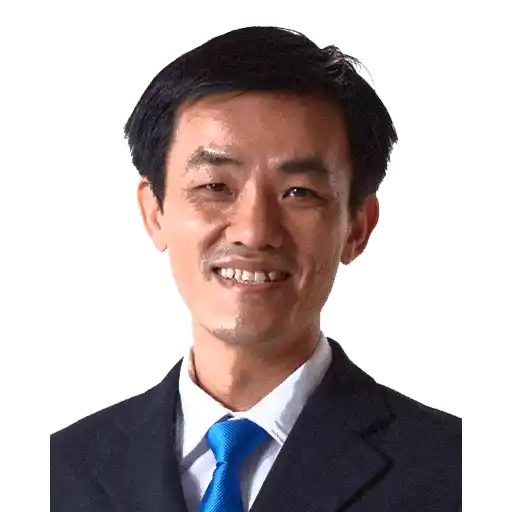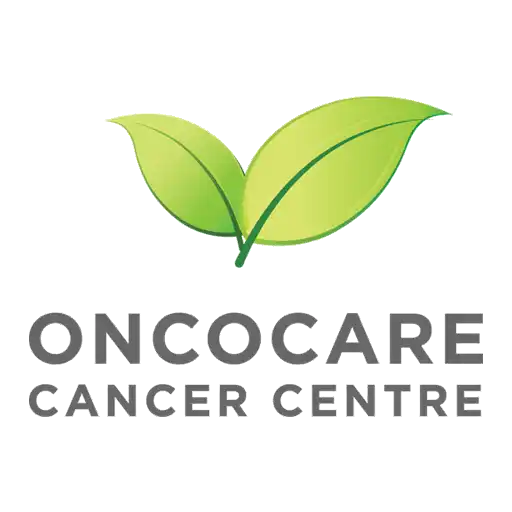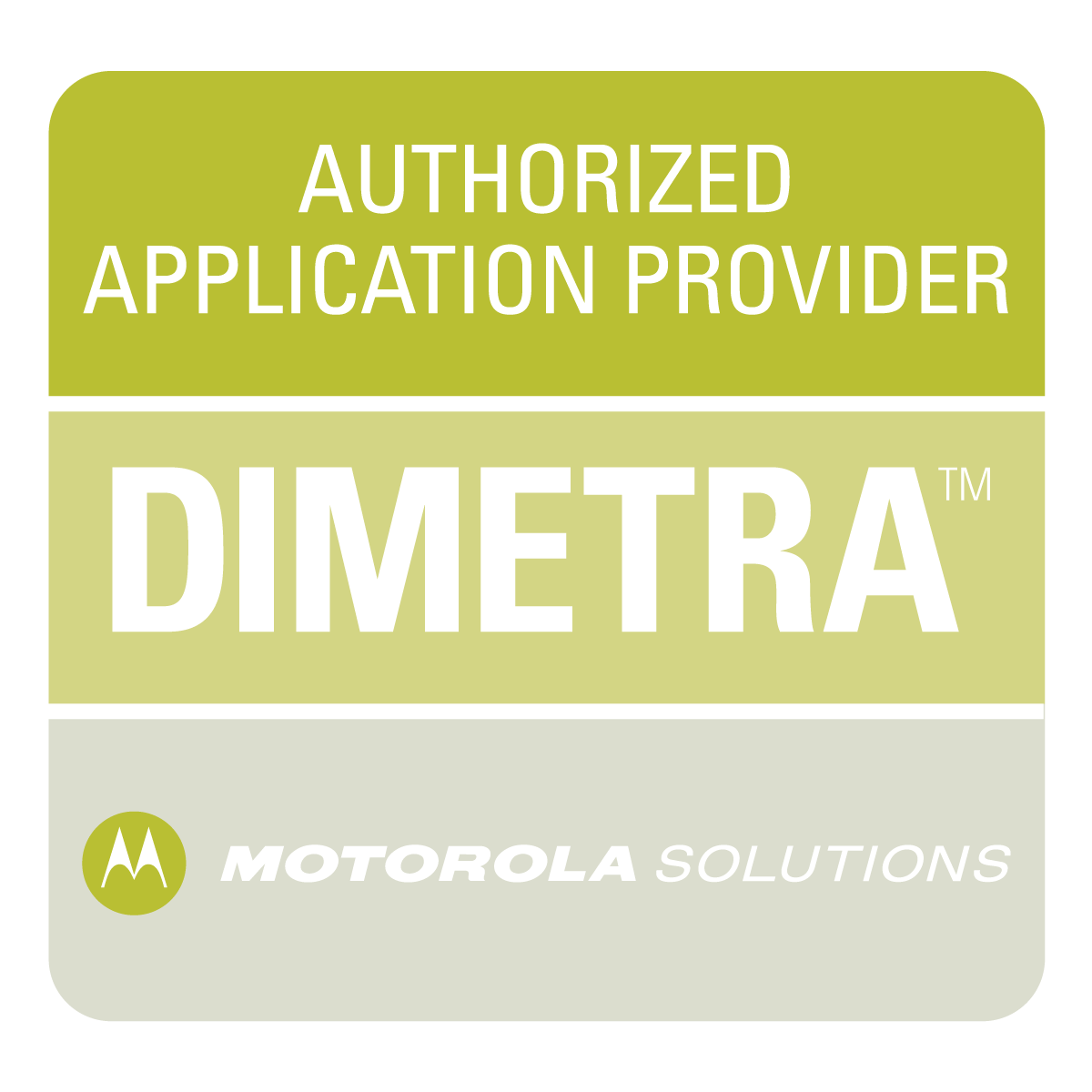Innovative Healthcare
Defining healthcare
Importance of healthcare
Threats to healthcare
Technology for Healthcare
Temperature tracking for multiple hospital departments
Automation of temperature logging for lab operations
Pillars of Healthcare
Medication Integrity
Medication Integrity
Medication integrity refers to the assurance of a drug’s quality, safety, and efficacy, ensuring it remains unaltered and effective throughout its storage, handling, and administration.
Smart Hospitals
Smart Hospitals
A smart hospital integrates advanced technologies such as IoT, AI, and digital systems to optimize patient care, improve operational efficiency, and enhance overall healthcare services.
Digital Therapeutics
Digital Therapeutics
Healthcare Enhancement in Singapore

AMILI is the leading gut microbiome research company in Southeast Asia.
Backed by the world’s largest multi-ethnic, Asia-centric gut microbiome database and biobank, we aim to improve gut health of people by developing gut friendly products and services; such as formulating customized probiotics based on the individual’s gut health by analyzing their stool samples.
As we are accountable for the large volume of samples in our laboratory, we implemented a 24/7 temperature and power monitoring technology to provide real-time alerts in the event of temperature excursion or power outage which will compromise the samples.
Toh Kai Yee

Mount Alvernia Hospital is Singapore’s only not-for-profit Catholic acute tertiary care hospital. We provide compassionate and holistic healthcare to serve all with love.
The hospital is a 300+ bed general acute care medical institution – with tertiary medical capabilities, a 10-storey maternity and paediatric centre, two multi-disciplinary medical specialist centres and an integrated oncology services centre.
We utilize technology such as a smart IoT monitoring system, to ensure the quality of our products and services as part of our commitment to serve our patients faithfully.
Bruce Leong

Established in 2007, OncoCare started with one small branch and has now expanded to 7 clinics across Singapore.
OncoCare differentiate our services by providing research in clinical trials for our patients. We believe that every individual is different and we aim to individualize our therapies to our patient and limit toxicity to them.
We use an on-cloud IoT platform to manage our temperature monitoring sensors across the 7 clinics as they are at different locations. The platform allows us to receive alerts and maintain real time visibility on our fridges and freezers.
OncoCare Cancer Centre
FAQ
The cost of technology for healthcare can vary widely depending on the specific technology, its complexity, and the scale of implementation.
While some healthcare technologies may be expensive to develop, acquire, and implement, others, especially with advancements and competition, can become more affordable over time.
Factors influencing costs include research and development, regulatory compliance, data security measures, and ongoing maintenance.
The potential benefits, such as improved patient outcomes, efficiency, and accessibility, often contribute to the perceived value of technology in healthcare.
Additionally, the long-term cost-effectiveness of certain technologies may justify their initial expenses
There were various initiatives and grants in Singapore to encourage the adoption of technology in healthcare. There are more grants for research, development and funding of patent for new innovation in healthcare than adoption of said innovation.
For adoption of innovation for healthcare, the Productivity Solution Grant (PSG) is the most prominent grant.
For funding of innovation development for healthcare, the Research, Innovation and Enterprise (RIE) plan is a good initiative.
The COVID-19 pandemic has accelerated the adoption of virtual healthcare solutions, allowing patients to consult with healthcare professionals remotely.
Telehealth services provide a convenient and efficient way for individuals to access medical advice, receive prescriptions, and manage non-emergency health issues without the need for in-person visits. It has become a key component of the healthcare system in Singapore, offering benefits such as improved accessibility, reduced wait times, and minimized exposure to contagious diseases.
Asides from the costs of adopting such innovation, these solutions are usually not foolproof.
We have seen many incidents in Singapore where errors occurred with the technologies that was used by the healthcare companies.
Back in 2018, there was the huge fiasco around the data breach in SingHealth that led to 1.5 million patients’ personal particulars getting stolen. Following the cyberattack, SingHealth implemented additional system monitoring and control to prevent such attacks on their database again.
In a more recent incident on 30 November 2023, Cordlife went on the news for storing cord blood in suboptimal temperature environment. Investigation thus far has revealed that the monitoring system failed to send notifications of the temperature excursions.
Companies have to take the technologies that they procured into account when they write their standard operating procedures (SOP).


